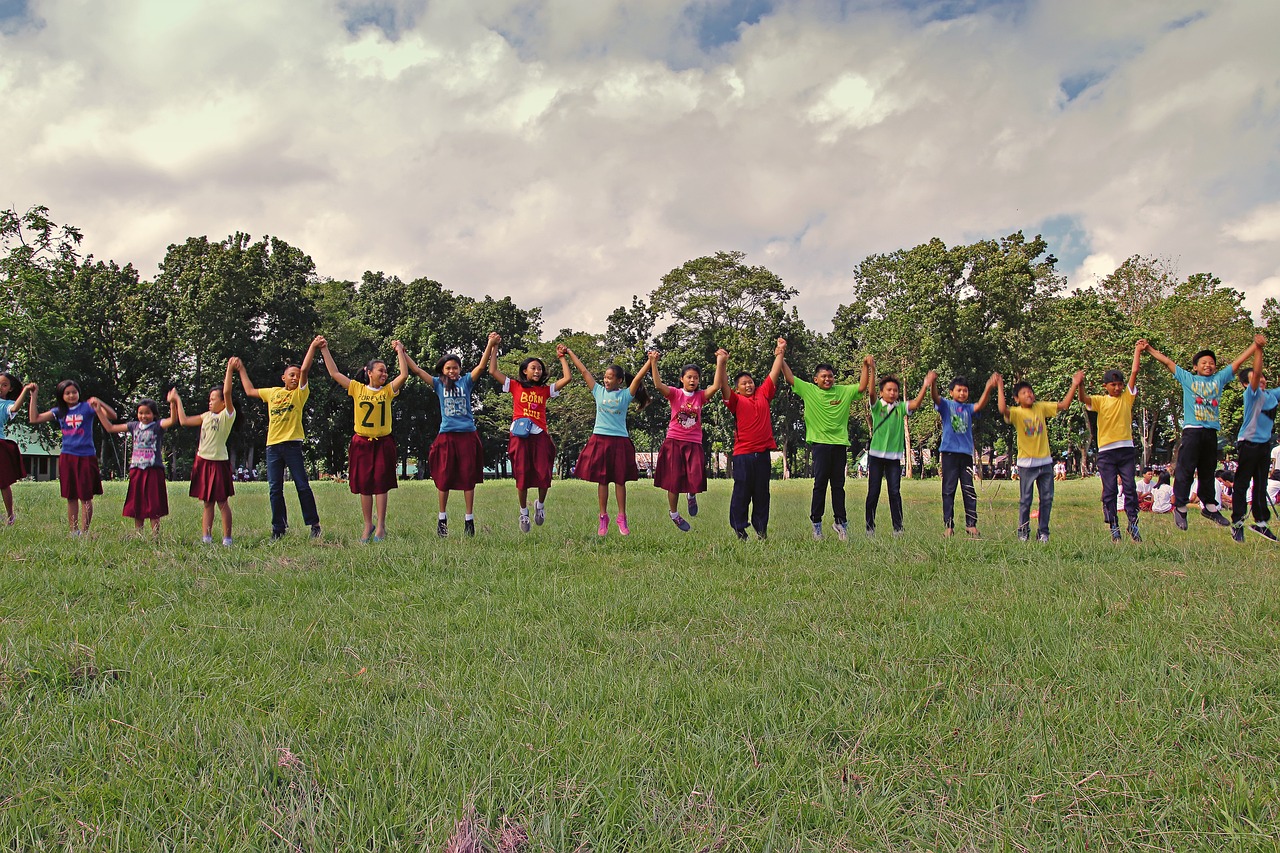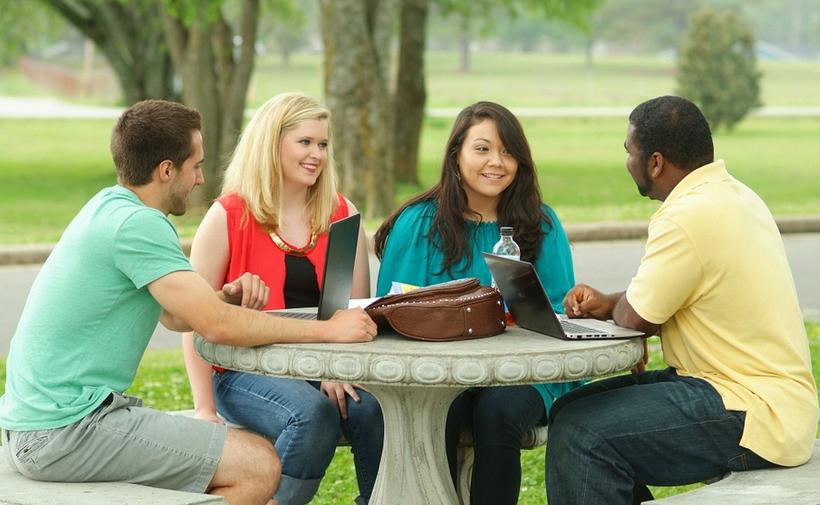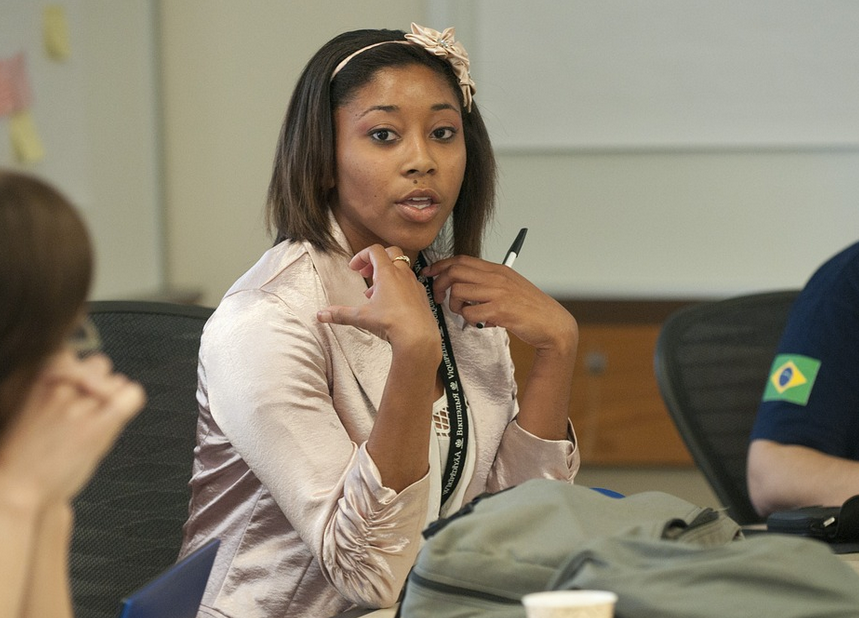
This is the third post in a three-part series on meditation in schools. The first post discussed ways to articulate what meditation is for school audiences. The second explained some reasons why meditation makes for more beneficial restorative practices. This part will share some characteristics of an effective implementation of meditation in schools. Across… read more















